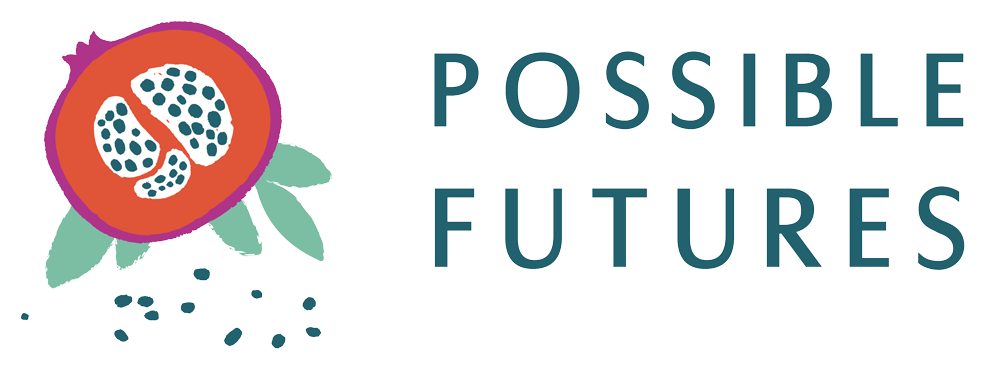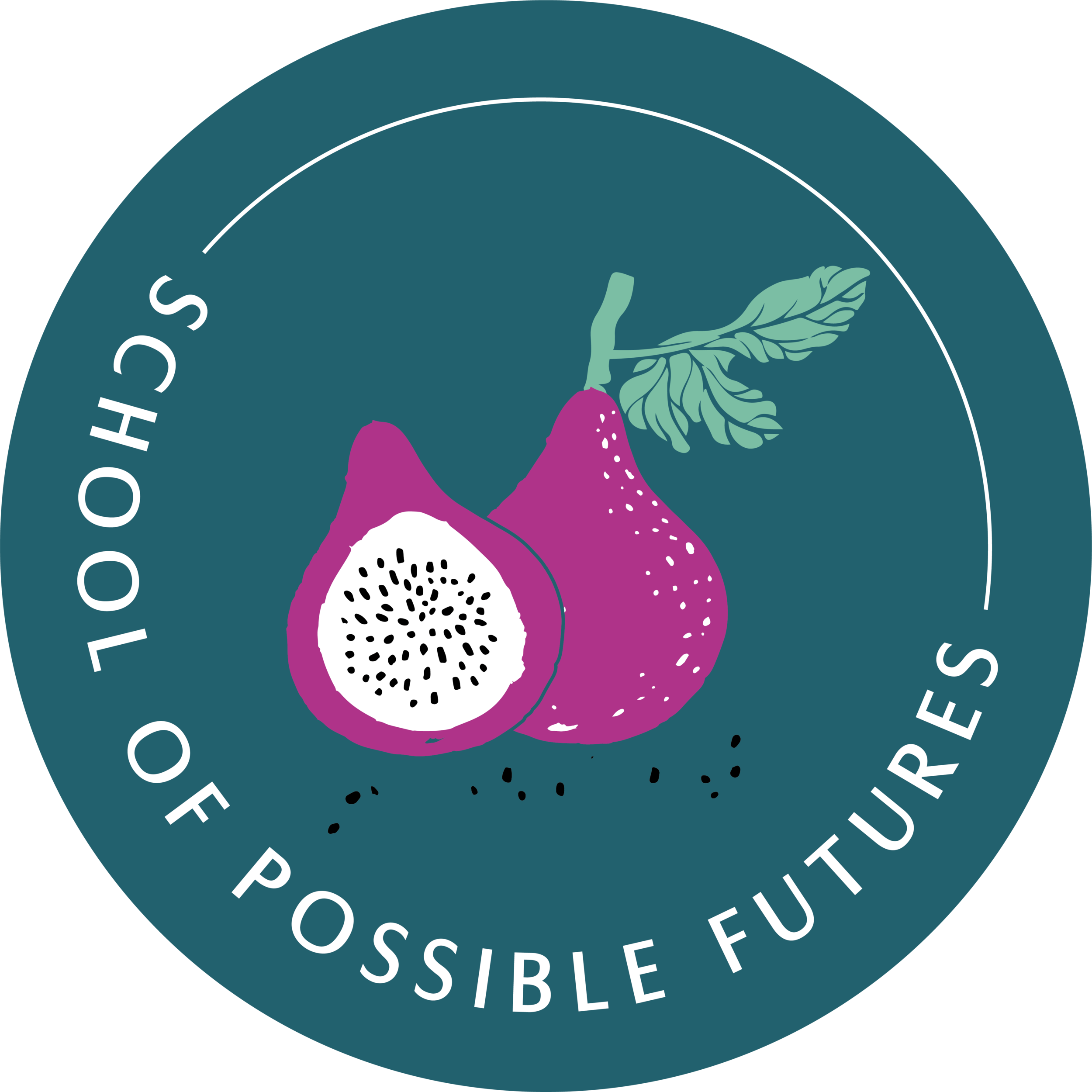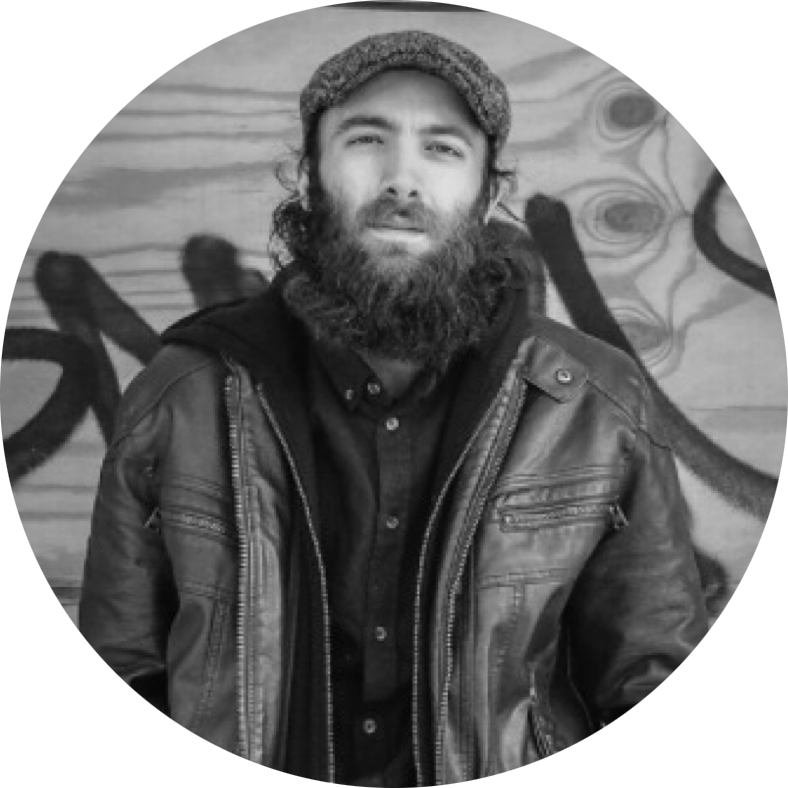
About My Work
Our current paradigm isn’t working. Yet we help re-make it daily in how we choose to build and participate in our businesses and organizations. Business-as-usual is rooted in practices that replicate extraction, supremacism, and, in some cases, violence. Although we’ve been told “this is just the way things are,” I have seen there are practical alternatives through a decade of research and practice.
I believe most of us want to be part of a better system—one that feels life-giving. One that teems with possibility and abundance. One that repairs while regenerating. I’ve found that people often need support with the details of how to be a part of the solutions that get us to such alternatives. This is where I come in.
As a third-generation, female, small-business leader, microeconomic activist, and scholar in the ethics of post-capitalisms, I know the economy isn’t a grandiose untouchable machine. Rather, it is made up of each of us—individuals, businesses, and organizations— and our symphony of everyday, ethical choices. By changing how we interact with one another and run our businesses and organizations, we help create practical pathways out of what isn’t working and into liberatory futures.
I have devoted my career to researching and co-creating accessible tools and practices that help businesses and organizations step into and become a part of emerging next economy systems. I help make the micro-moments of day-to-day life more choiceful by identifying the water in which we swim and co-creating alternatives rooted in regenerative and reparative ethics.
I believe we make the path while walking it, and if we can’t imagine better futures it is hard to build a road toward them.
My gift is in imagining the concrete details of possible futures in order to support businesses, organizations, and local governments in behaving in accordance with those futures today. I have a strong relationship with the emergent field of possibilities and a grounded clarity rooted in the need for accountability for our pasts.
I’ve spent my career in alternative economics —or, what I like to call, “business-out-of-the-ordinary”. Strangely, these alternatives can sometimes seem taboo—almost like “forbidden fruit”. If we want to live in an economy that works better for all of us, we have to step into different ways of work. After a decade on the leading edge of these innovations, I assure you the fruits are worth tasting!
There are possible futures of liberation, abundance, and repair awaiting us if we can stretch ourselves to imagine their details.
Lab of
Possible Futures
Jess's collaborative, grassroots research is housed in the Lab.
School of
Possible Futures
Learning conversations and resources are at the School.

“I believe one of the most fertile spaces is that of microeconomics—the decisions individuals, groups, organizations, and businesses make. It is in these everyday spaces we sometimes have surprising latitude in changing our economies.
The changes may seem small at first: choosing to have a conversation with a co-worker differently, rewriting a contract with values of mutualism and trust, suggesting a co-creative approach during a meeting, structuring a salary amount based on need or even potential rather than the lowest bar the ‘market’ dictates, or dismantling colonial notions of who holds the crucial knowledge and expertise. However, from what might seem small, these intimate moments start possibilities spinning in ways that actually weave different futures.
By training ourselves to believe and remember the diversity of possible economies, their humble beginnings appear before us. If we know doorways exist; our brain looks for them.”












